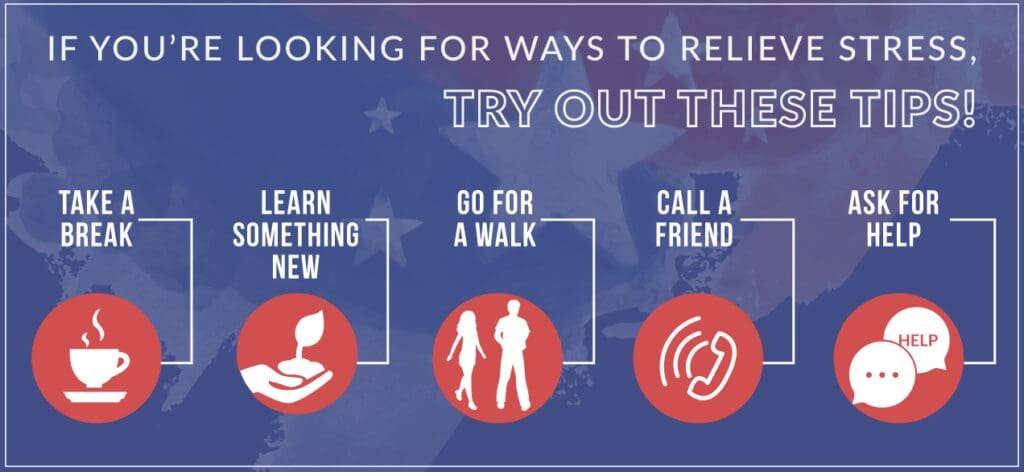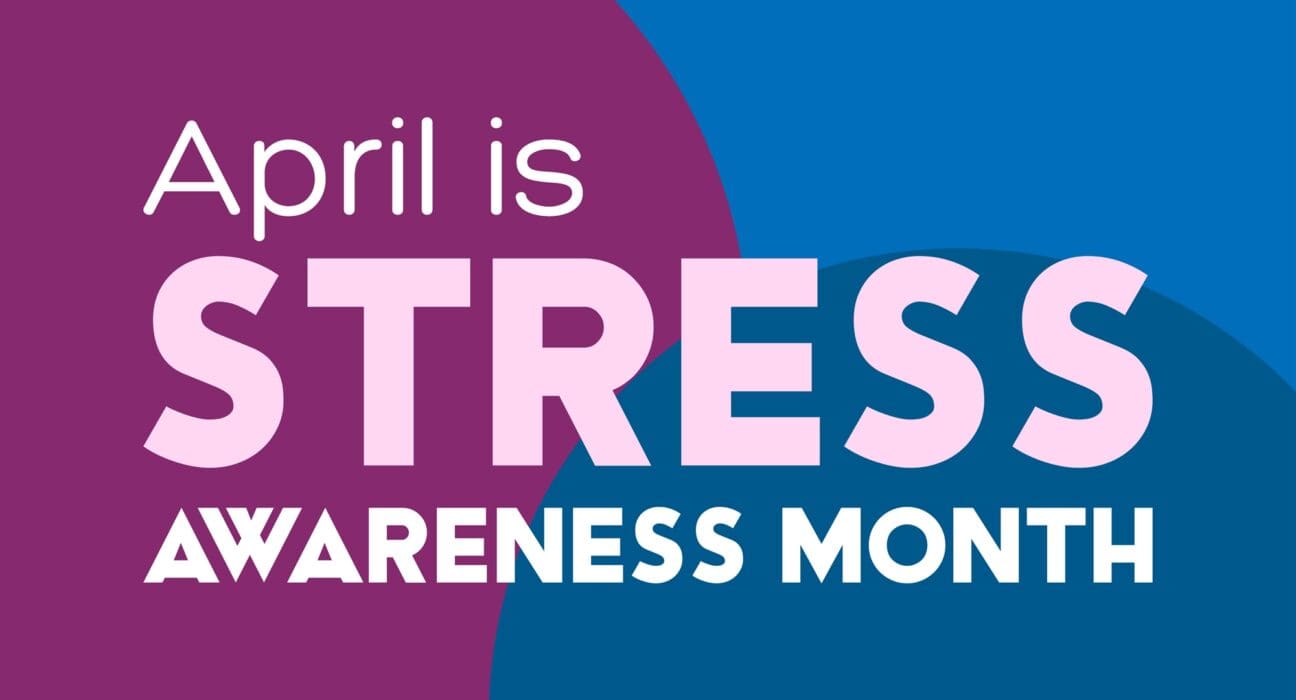Stress is so overwhelming, especially in America. According to a recent Gallup poll we are one of the most stressed countries with the highest rates in decades. Our overall mental health problems are like a fast train about to run off the rails. Prescription drug use for mental health issues, as well as recreational drug use, is at an all-time high.
To begin to break this down and make a positive change in our individual lives we need to answer several questions. What is stress? What is the problem with stress? What is different now? What causes stress? How do we control it?
So, to begin, What is stress?
Stress is a biochemical response in our bodies to a perceived threat. In simplest terms, it is a cocktail of drugs that our body uses for things like fight or flight. Stress is necessary for survival and growth. However, it is all about our physical responses, not our higher thinking. It can turn off our emotional ties to empathy and higher thoughts.
What is the problem with stress?
We are made to experience stress in short intervals. Prolonged exposure to the biochemistry associated with stress does much more than the uneasy feelings we experience. While those feelings can be detrimental with dizziness, heart palpitations, inability to sleep, racing thoughts, and panic attacks. They are the tip of the iceberg. Prolonged stress most alarmingly can decrease our cognitive function permanently. As well as causing harm in a plethora of other ways such as painful inflammation, decreased immunity, heart disease, weight gain, strokes, anger, depression, digestive issues, and decreased healing. In a nutshell, stress leaves us not feeling safe. Therefore, our sole focus is safety. As a by-product, things like long-term health, relationships, healthy connections, our community, or self-actualization take a back seat or get locked in the trunk. We are stuck at the bottom rung of our needs.
What is different now?
This is a big scary hard question. We must examine it though. Because frankly, we as a society have always had a reason for uncontrolled stress. Wars, famine, financial crisis, death, loss, and personal ups and downs have always been a part of life. Some things have changed. The family unit for one. Fewer people are getting married, they are getting married later in life, and having fewer children. Most families have become two-income homes. Daily life looks much different than in the past. Masculine and feminine roles have become blurry. The number of Christians in each age group has declined. In America the younger the age range the smaller the percentage of Christians. We have a plethora of social media connections but real connections are harder to achieve and maintain. We consume at an all-time high and we dispose of everything. It appears that everything is built for right now. It is better to get something new than work on what you have. This applies to things and our relationships with people as well, sadly.
What causes stress?
This is a simple and very complex question. The simplest answer is fear. The manifestations of fear escalate. Things like worry for the future, seeking control, perfectionism, over-committing, lack of connection, over-consumption, and overwork all raise their heads as tools we bring to the table to combat our fear. They seldom if ever work to calm our stress. In fact they tend to spiral it out of control. We can postulate that our relationship with a higher being, the universe, our family and friends, self-worth, and purpose all impact our stress levels.
So, how do we control it?
The temporary fixes are numerous. There are many hacks for calming our central nervous system. We can do tactical breathing. Deep breaths in, hold, deep breaths out, hold and repeat. We can put ice on our wrists, in our hands, or on our necks. We can get some fresh air and walk. We can exercise in a quick burst like running up the stairs. We can ground ourselves by seeking to clear our minds by recognizing things that we can see, hear, touch, and smell. You can take a pill. You can and should find a temporary fix to use as a bandaid for when you have excessive feelings of stress physically.
Sadly, they are just that though, a bandaid. The work to create a life that is relatively free of stress is much harder in our modern age. It requires you to look at the world differently. While control is an illusion in the face of fear. The one thing we can control is our thoughts. Channeling our thoughts to the things we are grateful for grows a beautiful attitude full of hope and joy. I find for me it helps to define what really matters. What is your Why? What is your purpose? Why are you working so hard? What legacy do you want to leave behind? We can easily get lost in the rat race if we don’t stay focused on why we are there in the first place. What also helps me is my faith and striving to fulfill the purpose that continues as long as my heart beats. I know my Savior does not want me to live a life full of stress. Even if you don’t believe in God, science can easily prove to you that our bodies were not made to live in a state of stress.
So at the end of the day. We have to choose to quit living this way. The world will not come to an end if we go to bed with dishes in the sink, or if we turn away that client, or if we take a day to truly rest, or if our kids don’t experience every activity, make straight As and are dressed perfectly, or if we don’t finish our to-do list, or even if we lose our job. Even when our loves die and we might wish it did come to an end.
At the end of this crazy ride called life, all that matters is our connection to others and our personal growth and peace. I challenge you to say no to stress. You control your thoughts. Let’s all take the road less traveled together. Let’s not let stress take our health, our peace, our hope and joy, our positive attitude, our gratefulness, or our connections with others.
Let’s all try to remake our lives around what is truly important. And unless you are fighting an alligator or running from a snake, tell stress no thank you. I don’t have time for you today. I am too busy loving my people, making connections, being grateful, making memories, and growing the garden of my purpose into a beautiful legacy.




